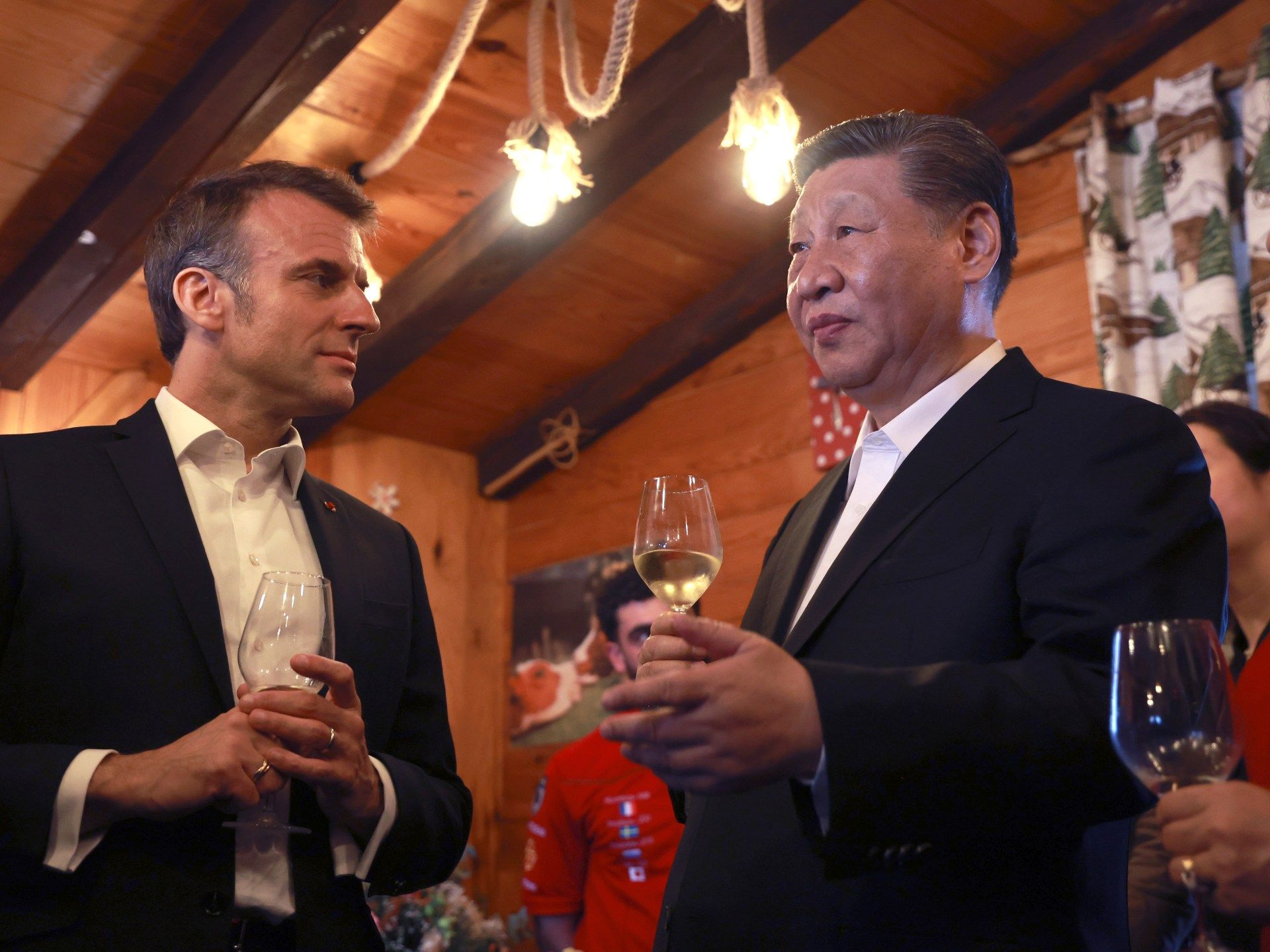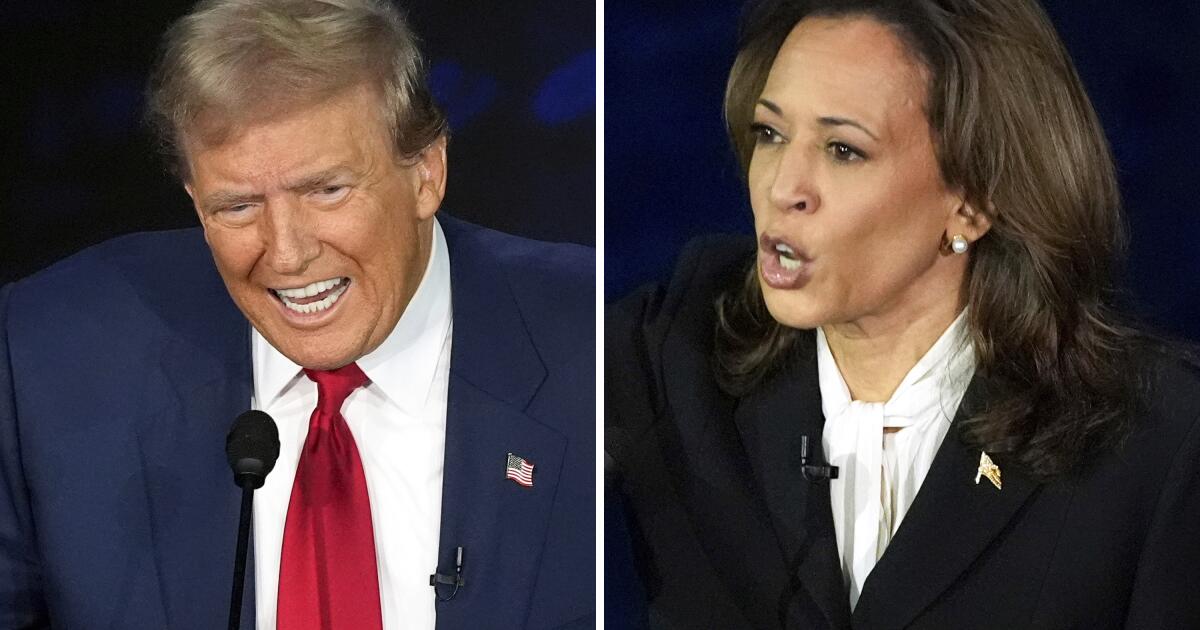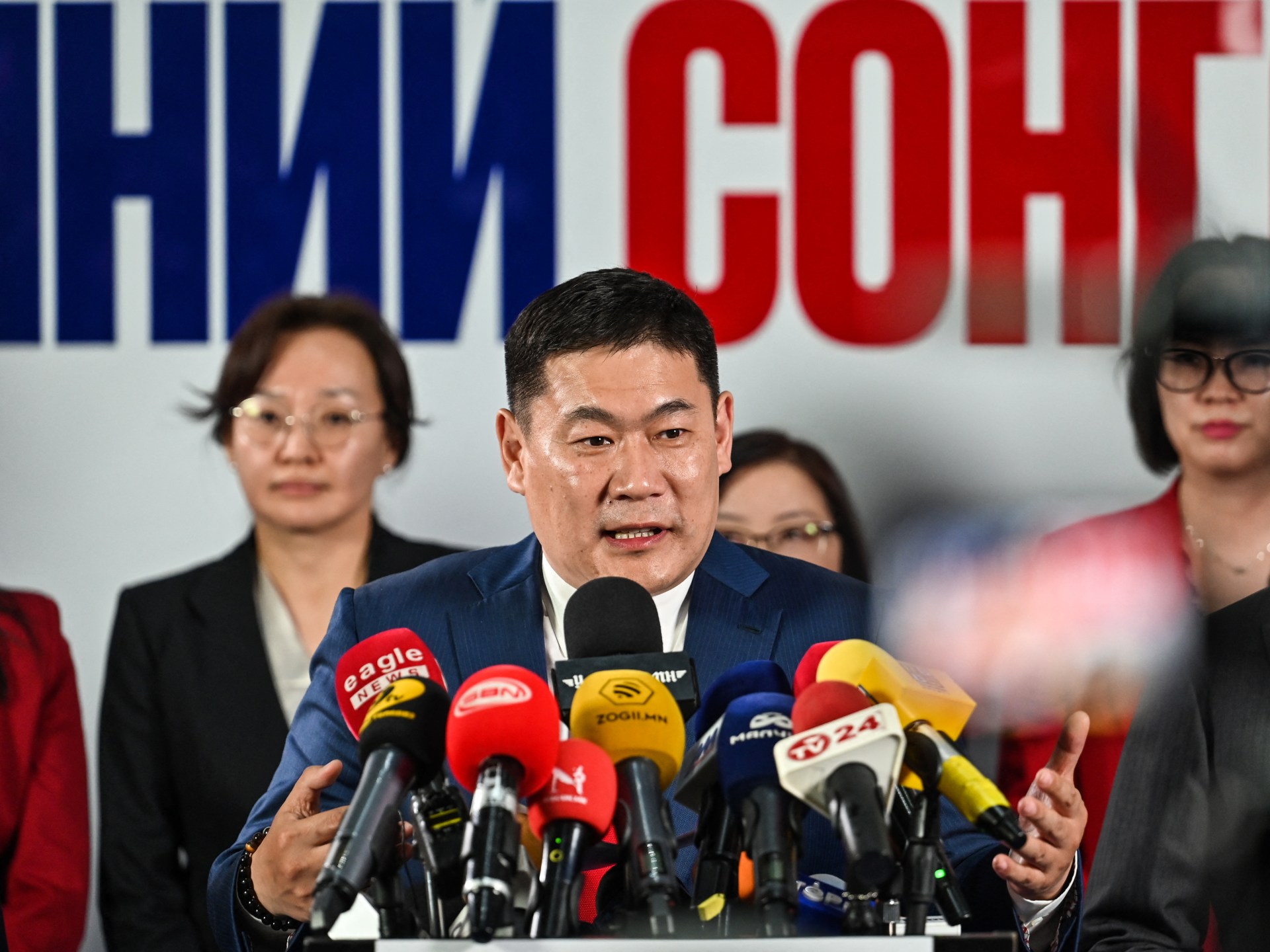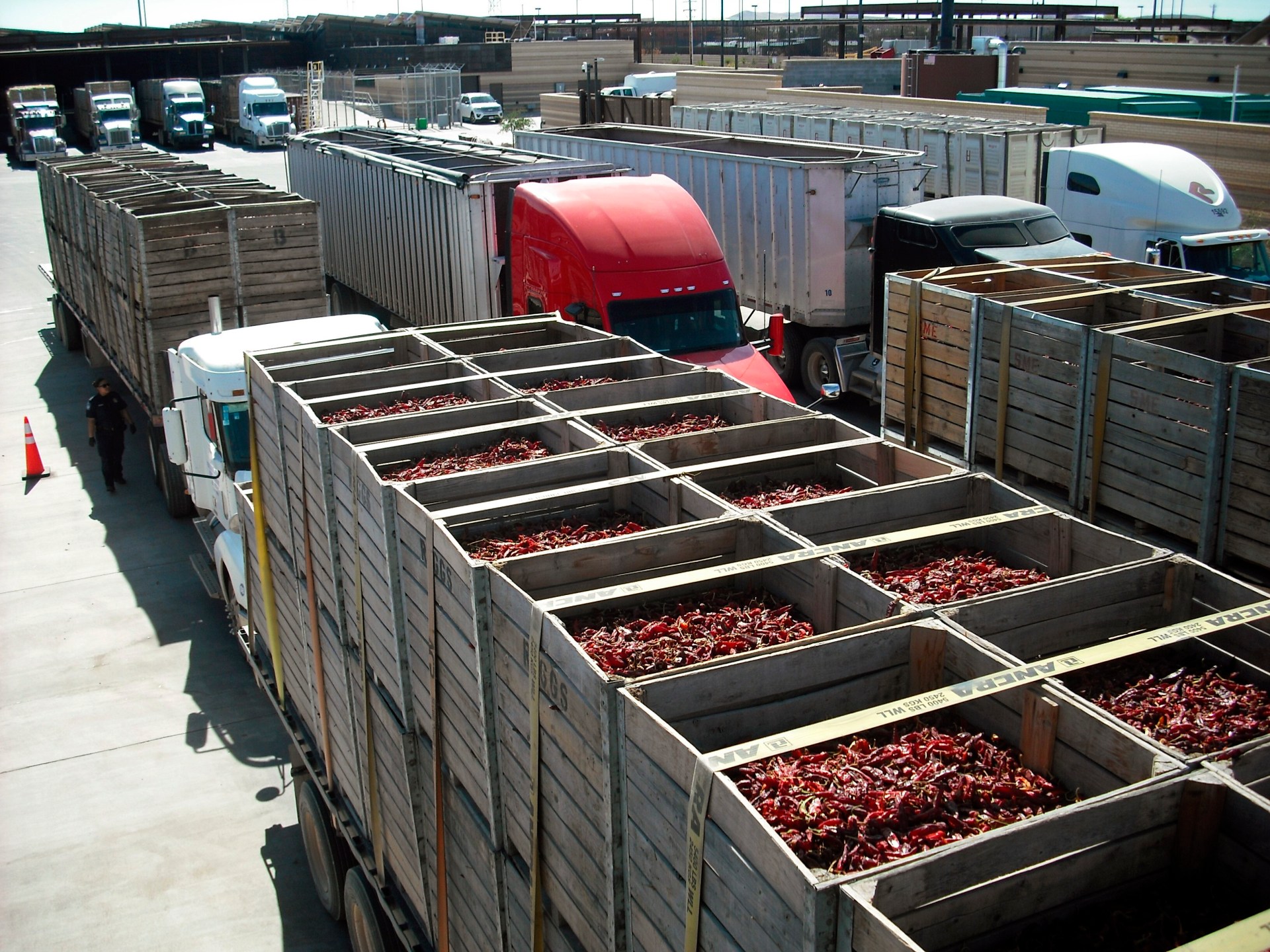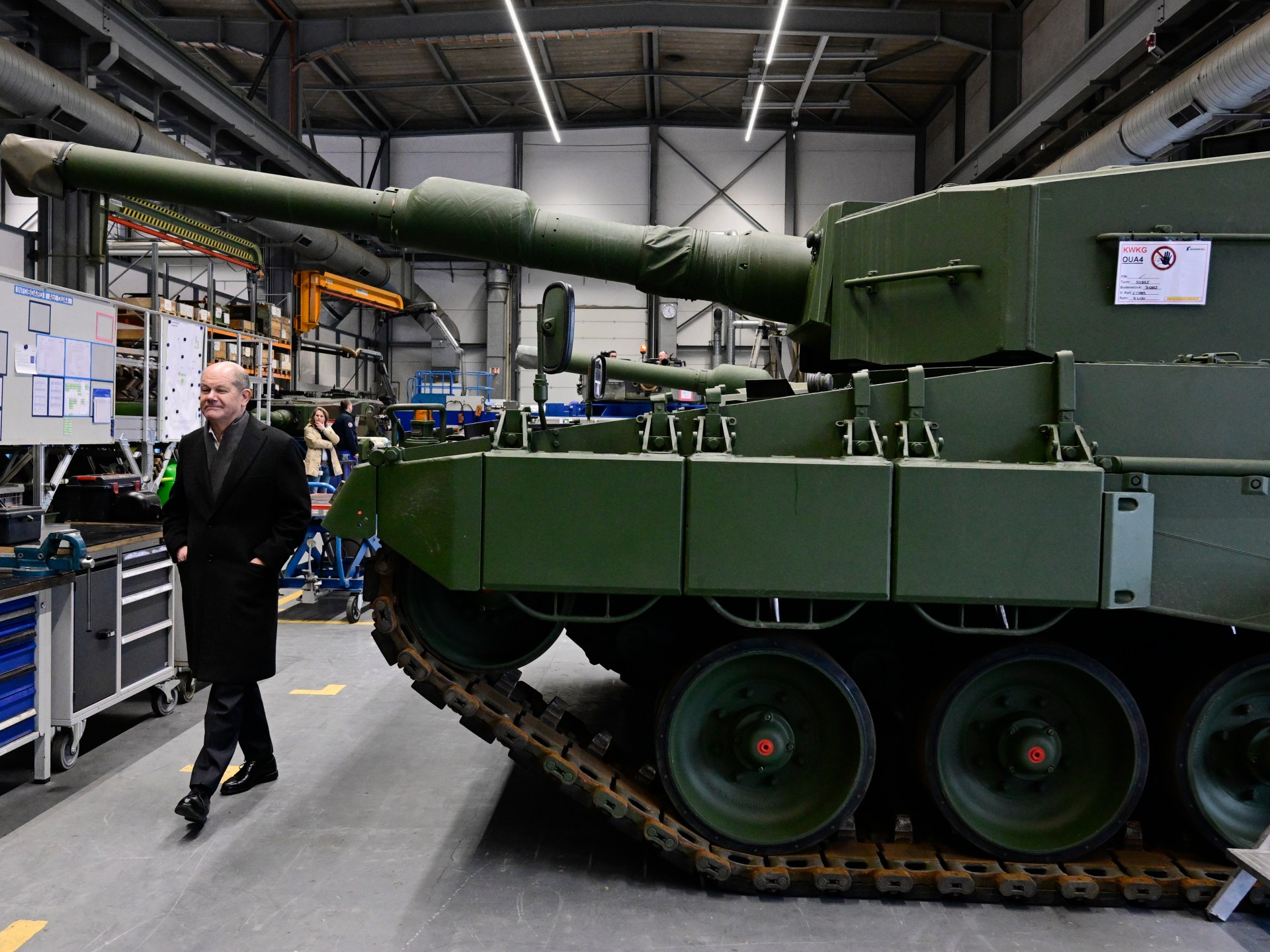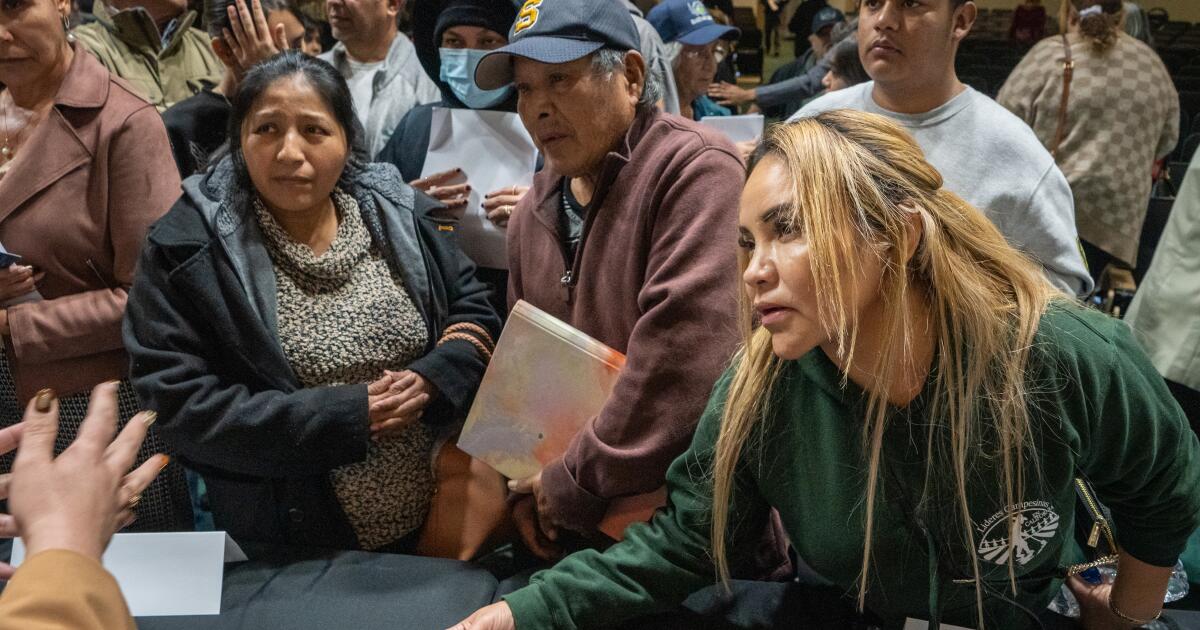Chinese President Xi Jinping concluded a five-day tour of Europe, after visiting France, Serbia and Hungary, where he promoted Beijing's vision of a multipolar world and held talks on trade, investment and Russia's war in Ukraine.
In France, President Emmanuel Macron presented Xi with luxurious bottles of cognac and a trip to a childhood haunt in the Pyrenees, while in Serbia, President Aleksandar Vucic hosted a grand welcome that drew a crowd of dozens of thousands of people, who chanted “China, China” and waved Chinese flags in front of the Serbian presidential palace.
In Hungary, President Tamas Sulyok and Prime Minister Viktor Orban also rolled out the red carpet for Xi and welcomed him with military honors at the Hungarian presidential palace.
The tour marked Xi's first trip to Europe in five years and came at a symbolic moment for the three nations.
This year marks the 60th anniversary of diplomatic relations between China and France, and the 75th of those with Hungary. The trip also coincided with the 25th anniversary of the NATO bombing of the Chinese embassy in Belgrade during Serbia's war against Kosovo.
Xi's main goal with the visit, analysts say, was to push for a world in which the United States is less dominant and to check the damage to China's ties with the European Union as trade tensions rise amid a threat of European tariffs and an investigation into Chinese subsidies for electric vehicles that European officials say are hurting local industries.
Here are the main conclusions.
No trade concessions, Russia-Ukraine
During Xi's two-day trip to France, Macron pressed the Chinese leader to address Beijing's trade imbalances with the EU (which last year reached a deficit of 292 billion euros ($314.72 billion)) and to use his influence on Russian President Vladimir Putin to end the war in Ukraine.
Macron invited European Commission President Ursula von der Leyen to join his talks with Xi, to underline European unity in calls for greater access to the Chinese market and to address the bloc's complaints about its overcapacity. in electric vehicles and green technology. The pair also pressed Xi to control sales of products and technologies to Russia that can be used for both civilian and military purposes.
But the Chinese leader appeared to have offered few concessions.
Xi denied there was a Chinese “overcapacity problem” and only reiterated his calls for negotiations to end the war between Russia and Ukraine. Xi, who is expected to host Putin in China later this month, said he called on all sides to restart contact and dialogue.
“Both trade and Russia are non-negotiable for China. Macron could not achieve anything [on those fronts]”said Shirley Yu, a political economist and senior researcher at the London School of Economics in the United Kingdom.
But he suggested the visit fostered Macron's personal relationship with Xi, one that is part of the French leader's strategy to make France a crucial partner for all emerging world powers.
“Macron shares a common vision with Xi, which is that American hegemony – including Europe's pursuit of loyalty to American foreign policy – must yield to a multipolar global order taking into account the interests and concerns of rising powers. “Yu told Al Jazeera. Macron's recent visits to India and Brazil also “demonstrate that France wants to remain at the forefront of that global change,” he added.
And despite the lack of concessions, French officials told the Reuters news agency that the visit allowed Macron to convey messages about Ukraine and would allow for more open discussions in the future.
As for Xi, Macron's speech on European “strategic autonomy” helps promote the Chinese leader's vision of a multipolar world. And while there was no reconciliation on the economic front, Xi's visit would help “limit the damage,” wrote Yu Jie, senior China researcher at Chatham House, a UK-based think tank. He could help prevent ties with Europe from worsening further, as they have with the United States, she said, amid the threat of European tariffs on Chinese goods and an investigation into Chinese subsidies for electric vehicles.

In contrast to Xi's stop in France, his visits to EU candidate country Serbia and EU member state Hungary were marked by promises to deepen political ties and expand investment in central and eastern Europe.
In Belgrade, Vucic, the Serbian president, endorsed Xi's vision of a “global community of shared future” and the two leaders praised a “strong partnership” while announcing that a free trade agreement signed between their two countries last year last would arrive will come into force on July 1.
Other economic promises included the purchase of new Chinese trains, new air connections and an increase in Serbian imports.
Yu, a political economist at the LSE, said Xi's visit to Belgrade on the 25th anniversary of NATO's bombing of the Chinese embassy in the city was aimed at making “clear that China and Russia share a common objection to NATO's expansion to the east. He also “reveals that there should be no illusion that China will bow to Western pressure to restrict economic partnership with Russia,” he said.
In Budapest, Xi promised more investments in transportation and energy, including the construction of a high-speed railway connecting the capital's center to its airport and cooperation in the nuclear sector, according to Hungarian officials. Xi also promised to advance a $2.1 billion project to connect the Hungarian capital with the Serbian capital.
The project, largely financed by a loan from China, is part of the Belt and Road Initiative, the ambitious infrastructure plan launched by Xi a decade ago to connect Asia with Africa and Europe.
All of this demonstrates Xi's eagerness “to reintroduce the Cold War 'Second World' as a major geostrategic player,” Yu said. “With China's economic support, the EU periphery can become more important European economic players, growing faster and delivering high-tech supply chains,” he said.
For China, Hungary serves as a gateway to the EU trading bloc, and Yu added that Beijing's growing partnership with Hungary could also “potentially render EU sanctions on Chinese EVs ineffective.”

